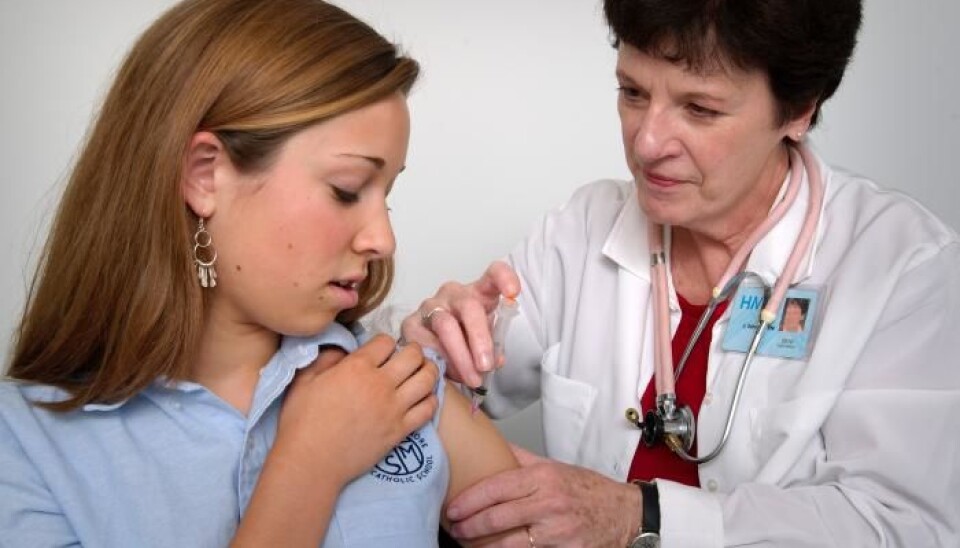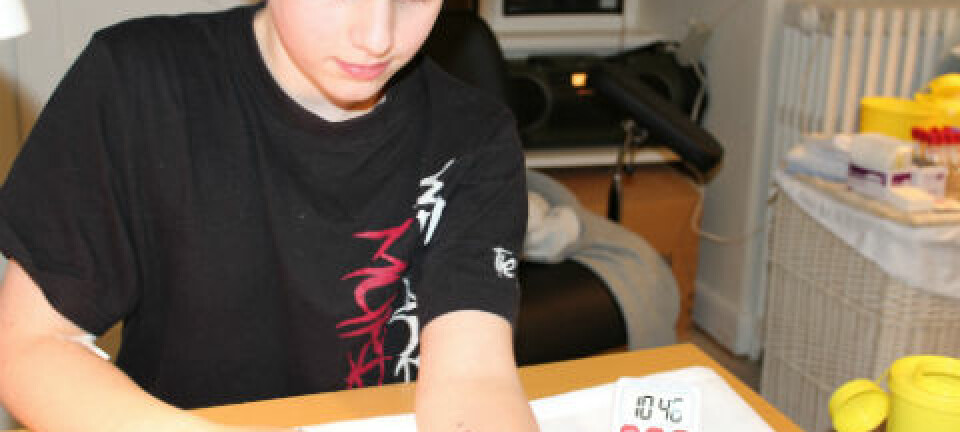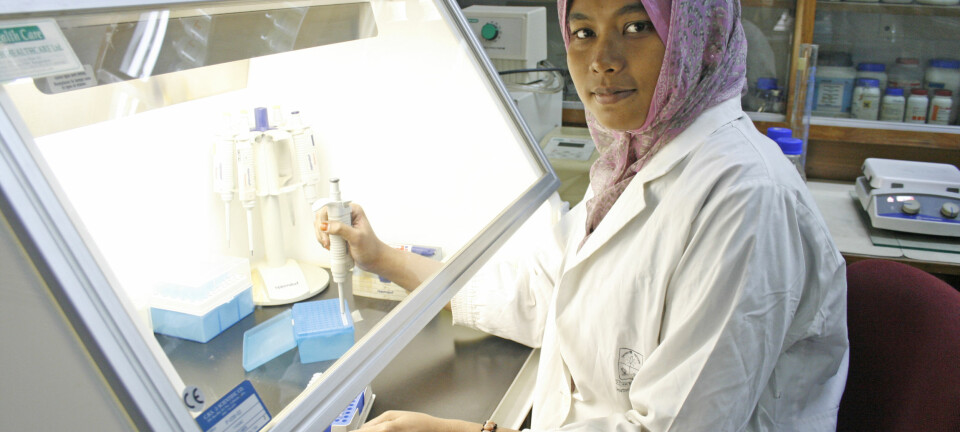
Health registry helps doctors assess vaccine safety
Our worries about side effects after vaccination can be kept in check by using data on actual disease incidences in the population.
Many of us think twice before we get vaccinated. However, our fear of side effects from vaccines is often unfounded.
“We have created a model that provides us with the normal number of diseases in the population, and then we can see whether a given vaccine causes new cases,” says first author Thomas Aagaard Rasmussen, a doctor at Aarhus University Hospital’s Department of Infectious Diseases.
The new findings, published in the British Medical Journal, will be used for risk assessment when new vaccines are introduced.
Massive vaccine data set
What’s new about this study is that it has used health data from an entire population. By comparing data from all Danish infants delivered after 1 January 1980 – more than two million people in total – the scientists could see whether a vaccine results in more cases than would normally be observed in the population.
The results can be used to assess whether the fear of side effects of a new vaccine is real. We can now calculate the expected incidence of a disease – and when we should start being watchful.
“We selected a number of diseases that regularly cause fear in the public, and then we looked at whether those fears are well-founded,” he says.
An example of a vaccine that has caused heated debate is the discussion about a possible link between the MMR vaccine (Measles, Mumps and Rubella) and autism. No scientific evidence was found for this correlation.
When should we be on guard?
In their new model, the scientists have simulated a situation in which a million Danes under the age of 18 are vaccinated with a hypothetic new vaccine.
The model can then tell them the number of cases of a disease that would occur over a period of 42 days after the vaccine was introduced – for instance 20 cases of type-1 diabetes, 19 cases of juvenile arthritis and five cases of sclerosis.
"The results can be used to assess whether the fear of side effects of a new vaccine is real. For now, we can calculate the expected incidence of a disease – and when we should start being watchful.”
The new model provides health professionals with an evidence-based instrument to advise patients and the general population about vaccinations.
Danish disease registries are unique
Denmark’s disease registers enable scientists to link social security numbers with the occurrence of diseases.
"The Danish disease registers are crucial. This type of research is only possible thanks to an excellent registration of diagnoses,” says Rasmussen.
----------------------------------------
Read the Danish version of this article at videnskab.dk
Translated by: Dann Vinther











